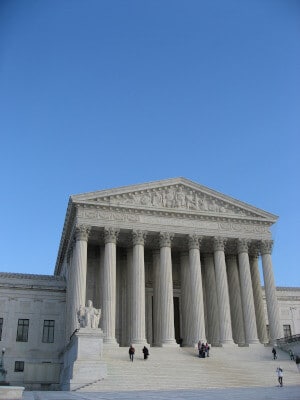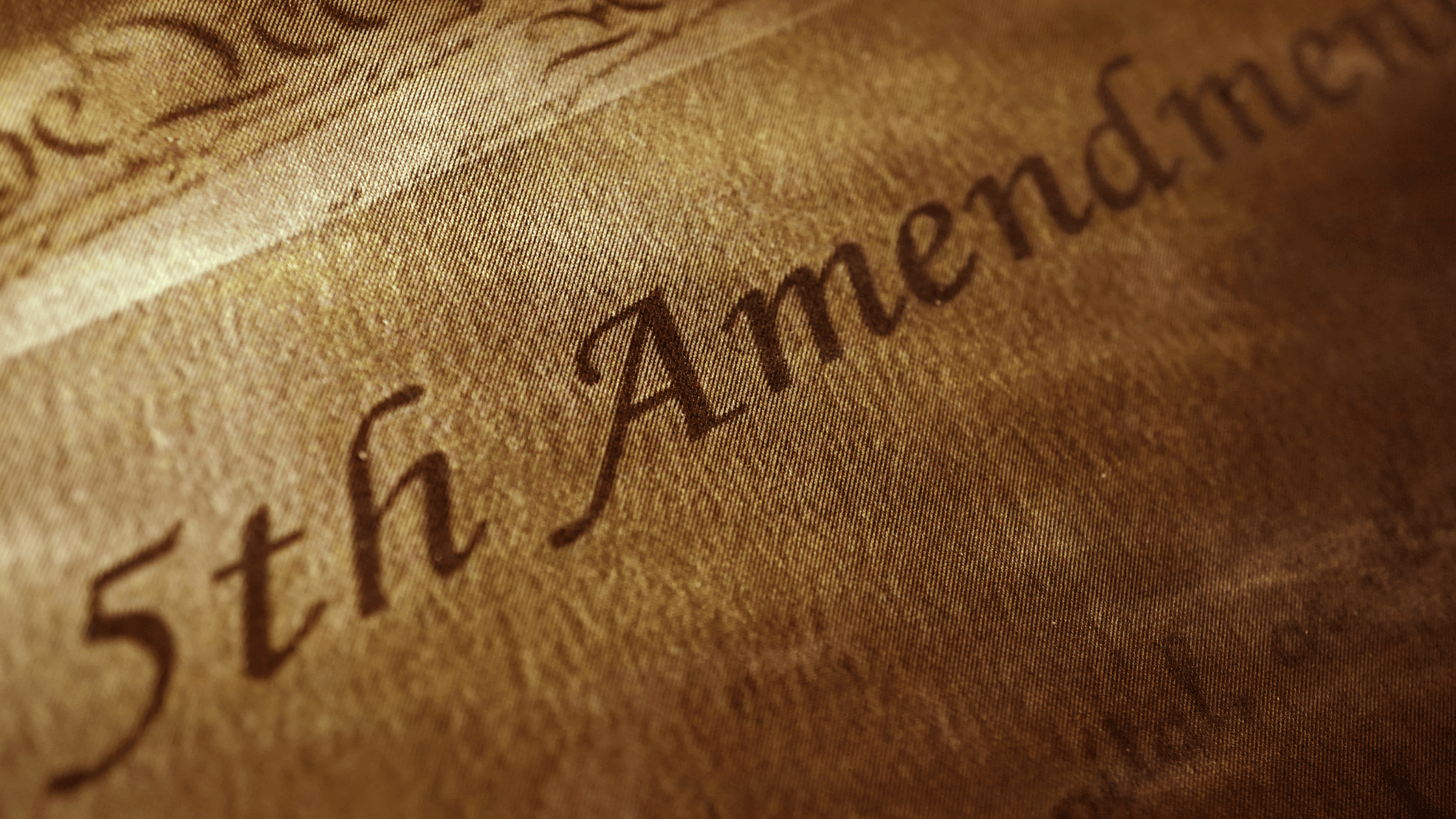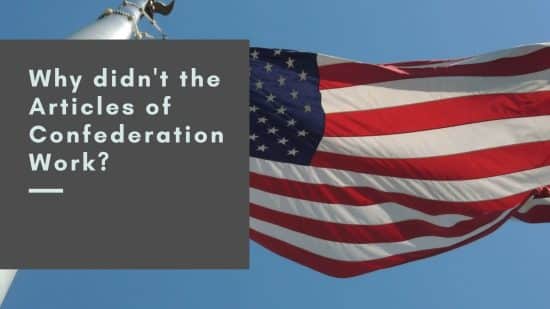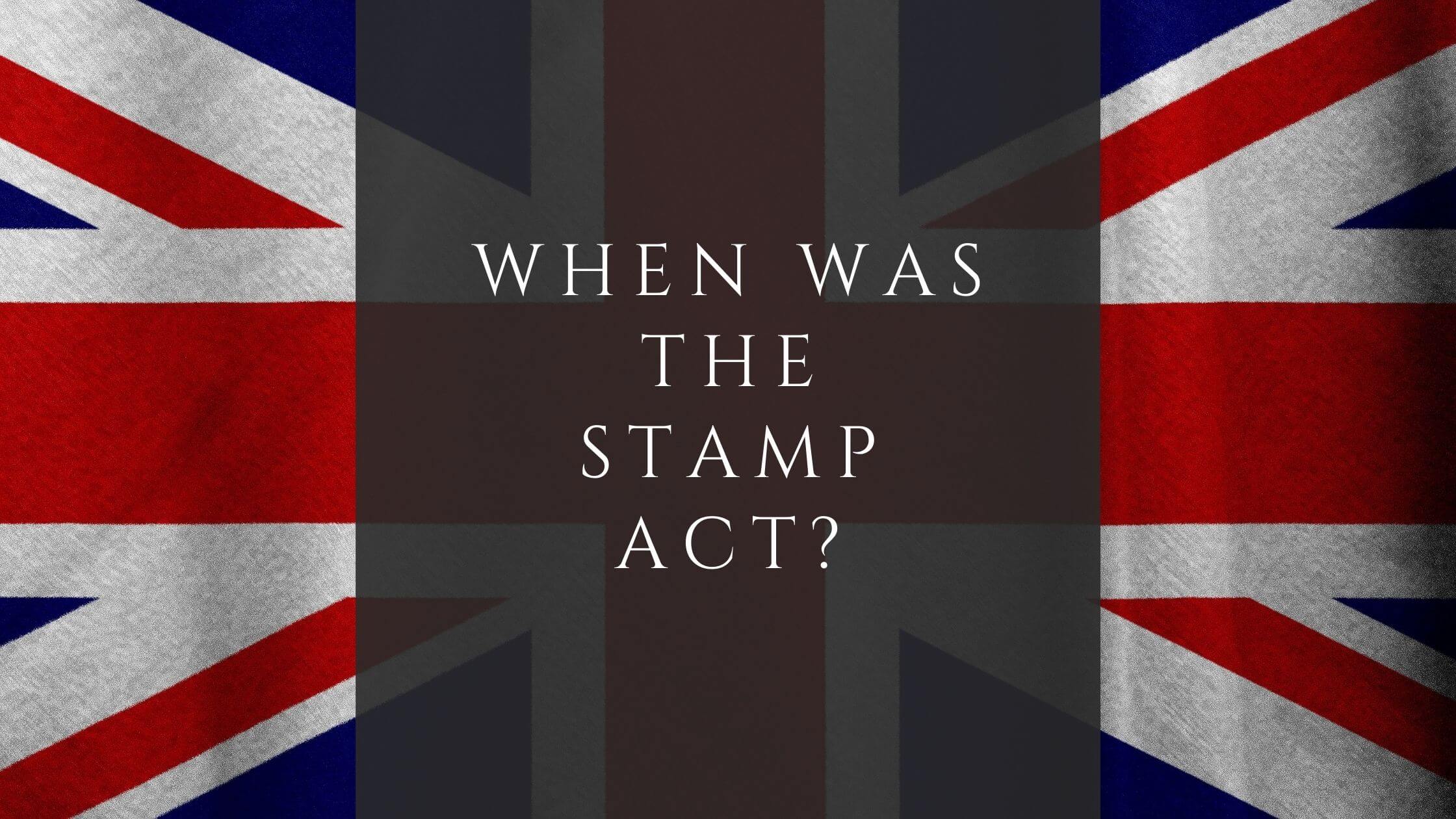The Articles of Confederation was the precursor to the US Constitution, which replaced it. The Articles of Confederation needed changing because they didn’t work.
What were the weaknesses of the Articles of Confederation?
The main weakness of the Articles of Confederation was that the central government didn’t have enough power. Read on to find out what problems this caused to the country.
Why didn’t the Articles of Confederation work?
The US Constitution was the precursor to the Articles of Confederation
The United States Constitution is one of the oldest constitutions still in use today, providing the foundation for the rule of law in America for nearly 250 years.
However, it is important to note that the US Constitution, composed in 1787 and officially adopted in 1789, was the second constitution created by the Founding Fathers.
The first constitution, drafted and adopted by Congress in 1777 and ratified by all the states in 1781, was known as the Articles of Confederation.
Initially, the Articles of Confederation was groundbreaking
The Articles of Confederation were groundbreaking for the Founding Fathers, providing an early governance blueprint. They guided the United States through the latter days of the Revolutionary War and the first few years of its independence from Great Britain.
Although they were initially successful in directing the early republic, they soon became obsolete as they failed to address many significant problems not foreseen by the Continental Congress.
Weak Central Government – Taxation
Probably the biggest flaw in the Articles of Confederation was their inability to impose taxation effectively on the states.
The states contributed revenue to the federal government based on the value of privately owned land within the state. However, it wasn’t easy to collect revenue because the federal government was prohibited from independently imposing taxes and lacked an executive branch to enforce laws.
Under the guidelines laid out in the Articles of Confederation, the federal government would request revenue from states, formally known as a requisition.
Special requisitions were paid in gold or silver coinage, whereas indent requisitions involved states paying interest on government bonds.
Federal Government was unable to police tax demands
Unfortunately, many states ignored requisition requests, knowing they were nearly impossible for the national government to enforce.
The weak and inefficient taxation process in the early days of the United States had dire consequences, as it deprived the government of sorely needed funds of conducting a war against Great Britain.
Alexandra Hamilton investigated non-payment of taxes
Founding father Alexander Hamilton published a record of requisition requests from 1781 to 1789, finding that states only provided about 25% of the funds requested by the federal government.
A more streamlined, enforceable process was needed if the early republic would survive.
Weak Central Government – Commerce and Coinage
The Articles of Confederation also failed to give the national government effective oversight of trade and commerce.
Incredibly, all interstate and foreign commerce were supposed to be handled by individual states. This caused a lack of uniformity that would severely handicap trade. States were allowed to impose tariffs on each other and make separate deals with foreign nations.

Lack of oversight on currency
The potential conflicts of interest arising from these arrangements could easily result in civil war or wars with foreign nations.
Although the Articles of Confederation emphasized the unity of the states in defending themselves, the current economic arrangement and weakness of the federal government allowed for some states to ally with a foreign nation against fellow states over trade controversies.
Leaving the regulation of commerce up to individual states was not a realistic arrangement that could survive over time.
States were also given the liberty to issue currency. Congress was expressly given the authority to set and regulate currency weights, values, and measurements.
Weak Federal Government
Given the inherent weakness of the federal government in enforcing any law, it is easy to see the economic chaos that would ensue with individual states producing currency.
Individual states could ignore the currency standards laid out by Congress and manipulate their currency to benefit their own economic interests.
Legislative Proceedings
The legislative proceedings in the Articles of Confederation also presented problems, as they established guidelines that seemed to hinder the transparency of governmental proceedings.

Get Smarter on US News, History, and the Constitution
Join the thousands of fellow patriots who rely on our 5-minute newsletter to stay informed on the key events and trends that shaped our nation's past and continue to shape its present.
Members of Congress met in secret, behind closed doors. No spectators or members of the general public were allowed to observe the proceedings.
The underlying secrecy established in the Articles of Confederation contrasted sharply with government proceedings under the US Constitution, which were readily available to the public.
Legal Transparency
Although members of the Constitutional Convention met behind closed doors, once the new United States Constitution was established, the federal government quickly became a public forum of debate.
It is doubtful that the federal government would have continued to meet in secret, given the emphasis on liberty and freedom that the country was founded on effectively.
No Judicial Branch
One of the biggest long-term problems with the Articles of Confederation was that they didn’t establish a federal court system or judicial branch of government.
The framers probably thought that the weak federal government would preclude the need for a Supreme Court to curb its power and declare its laws unconstitutional.
States ultimately were responsible for establishing courts and resolving legal disputes within their borders and between themselves.

The Articles of Confederation provided a rudimentary judicial process for resolving legal disputes between states if they couldn’t resolve these themselves.
In this situation, Congress would pick three individuals from every state for a total of 39 people to potentially serve as a quasi-legal body in the proceeding.
Both parties to the legal dispute would be directed to eliminate members from this body, similar to a jury selection process until the list of individuals was narrowed to 13.
Congress would then employ a lottery system to pick 5-9 individuals from the remaining group of 13, who would then serve as judges.
Weakness of Articles of Confederation Justice System
A majority would determine the outcome of the case. While this system was a creative method to resolve legal disputes, it was far too time-consuming to address the high number of legal disputes that would inevitably arise between states.
Only a full-time federal court system headed by a Supreme Court would have the time and resources to function as an arbitrator for interstate legal cases.
No Executive Branch
Another severe weakness of the Articles of Confederation was their lack of an executive branch of government, an overreaction to the conflicts the original colonies had with King George III.
The Founding Fathers feared that the presence of any executive branch led by a president would inevitably result in abuse of power by that officer.
The only semblance of centralized authority in a single officer was the president of Congress, but this individual was limited to serving one year in three years.
Fears over a fair Presidency
Despite the legitimate fears over the abuse of power in a president shared by the original 13 American colonies, an executive branch was still a necessary part of the government.
A president was better suited to conduct wars with foreign nations and deal with other national crises than a legislative body, which was more vulnerable to factions and rivalries.
Providing a single, stabilizing figure to represent governmental authority when dealing with foreign emissaries and dignitaries was also more efficient.
Relationship between Executive and Judicial
Most importantly, a president and other necessary officials associated with an executive branch would be vital to enforcing laws passed by the legislative branch.
Under the structure established by the Articles of Confederation, states possessed most of the power to govern. They could theoretically ignore laws passed by Congress.
Civil war would be far more likely without an executive branch, as only individual states would have the authority to enforce federal laws upon other states.
Unicameral Legislative Branch
The unicameral legislative branch created by the Articles of Confederation was not a unique structure, as many republics worldwide had previously established this type of government.
However, this system put many responsibilities and duties on the body, even with the majority of governance residing with the states.
As the country grew, a single legislative body in control of federal authority would have the same opportunity to abuse its power as a single executive officer.
Problems of a unicameral legislative branch
Additionally, a unicameral legislative branch was more likely to cause problems arising from state representation among its members.
One of the most critical responsibilities in a republican form of government is to properly protect the rights of the minority while simultaneously allowing a government to evolve and operate efficiently.
A bicameral legislature better addresses this issue by allowing one body’s representation to be determined by state population and another to have equal state representation.
One Vote for Each State
The Articles of Confederation stipulated that every state must send at least two, but not more than seven, representatives to Congress.
Differences in representation totals were irrelevant as each state received one vote on all federal legislation.
As a result, instead of being comprised of single representatives, the Congress created by the Articles of Confederation comprised state delegations who would vote and function as individuals.

Inequality between states
The one-vote system eliminated the influence of larger states and left the federal government severely hampered by a vocal minority of sparsely populated states.
Understandably, larger states grew to resent the influence of smaller states, as larger states provided the majority of the manpower and resources to fight for the independence of all 13 colonies.
A more equitable system was desperately needed to properly represent the greater populations of larger states.
2/3rd Vote Required to Pass Legislation
Further hamstringing governmental operations of the early government under the Articles of Confederation was the 2/3 majority vote required to pass legislation.
While not as hard as the unanimous vote required to amend the Articles of Confederation, requiring 9 out of 13 states to approve legislation was still tricky.
Many important votes over the years, some monumental pieces of legislation involving civil rights, anti-trust law, and taxation, would have been impossible under this requirement.
Any republican form of government established on democratic principles will, by nature, result in significant partisan divisions as humans, by nature, have different opinions and beliefs.
Purpose of Republican Government
The purpose of a republican form of government is to incorporate some of those opinions in beliefs in governance, all while safeguarding against the excesses of mobocracy. A 2/3 majority vote was not a realistic expectation for a republican government to run efficiently.
The Founding Fathers eventually recognized the inevitability of close votes amid partisan division in a republic, evidenced by the US Constitution’s provision for a vice president to cast the deciding vote in a 50-50 tie in the Senate.

Sometimes, practicality is more important than ideology for a government to function.
The 2/3rds vote requirement initially laid out in the Articles of Confederation was eventually reapplied in the US Constitution as a provision for overturning a president’s veto.
Amending the Articles of Confederation
One of the most debilitating aspects of the Articles of Confederation was the process established to revise them. A unanimous vote by all 13 states was required to amend them, an almost impossible roadblock to any change.
Throughout the early years of the United States, changes were desperately needed as the weaknesses of the Articles of Confederation became apparent but could never be implemented as at least one state always vetoed the attempt.
The unrealistic amendment approval process was a reflection of the inability of the early government to properly balance the needs of the majority with the needs of the minority.
Importance of Amendments Process
Amending a constitution is one of the most important provisions of a government, evidenced by the 27 different times the current US Constitution has been amended.
The original process would have delayed several vital changes, such as outlawing slavery or giving women the right to vote.

Military Limitations
The Articles of Confederation expressly prohibited a national army or military during times of peace.
It delegated all responsibility for military protection during peacetime to states, allowing them to garrison forts and protect trade and commercial interests from Indian attacks or piracy.
States were also required to maintain a militia and possess a “due number” of military equipment and supplies, a rather vague delineation that could be interpreted broadly.

While the United States maintained a relatively small national army during peacetime for most of its history up until World War 2, prohibiting the existence of a national army is simply irresponsible.
If this provision was also included in the US Constitution, it would have made the United States vulnerable to foreign invasion, specifically for the upcoming War of 1812.
A national army, even a small one, is still an effective deterrent against foreign aggression.




